 Creepy
Creepy  Creepy
Creepy  Food
Food 10 Foods That Went from Garbage to Gourmet
 Animals
Animals Ten Animals with More Interesting Sex Lives Than You
 Weird Stuff
Weird Stuff 10 Ridiculous Things Hackers Have Controlled Remotely
 The Arts
The Arts 10 Great Movies That Were Made into Bad Musicals
 Miscellaneous
Miscellaneous 10 Hilarious Excuses Firms Once Gave to Cover Up Their Bad Deeds
 Health
Health 10 Fascinating Facts About Accidental Medical Discoveries
 Our World
Our World 10 Iconic Landmarks That Were Nearly Called Something Else
 Music
Music 10 Musicians Who Became Famous After Death
 Crime
Crime 10 Scientists Convicted of Serious Crimes
 Creepy
Creepy 10 Families Whose Houses Scared Them to Death
 Food
Food 10 Foods That Went from Garbage to Gourmet
 Animals
Animals Ten Animals with More Interesting Sex Lives Than You
Who's Behind Listverse?

Jamie Frater
Head Editor
Jamie founded Listverse due to an insatiable desire to share fascinating, obscure, and bizarre facts. He has been a guest speaker on numerous national radio and television stations and is a five time published author.
More About Us Weird Stuff
Weird Stuff 10 Ridiculous Things Hackers Have Controlled Remotely
 The Arts
The Arts 10 Great Movies That Were Made into Bad Musicals
 Miscellaneous
Miscellaneous 10 Hilarious Excuses Firms Once Gave to Cover Up Their Bad Deeds
 Health
Health 10 Fascinating Facts About Accidental Medical Discoveries
 Our World
Our World 10 Iconic Landmarks That Were Nearly Called Something Else
 Music
Music 10 Musicians Who Became Famous After Death
 Crime
Crime 10 Scientists Convicted of Serious Crimes
10 Studies That Prove You’re A Bigot
In this day and age, most of us refrain from judging people based solely on stuff like race, gender, or sexuality. At least, that’s what we like to think. The reality is more or less the exact opposite. According to science, you, me, and everyone reading this are basically covert Mel Gibsons, hiding our raging xenophobia beneath a faint veneer of civilization. And that veneer can come off at any time. Here are 10 studies that prove we’re all way worse people than we thought we were.
10 We Make Google Racist
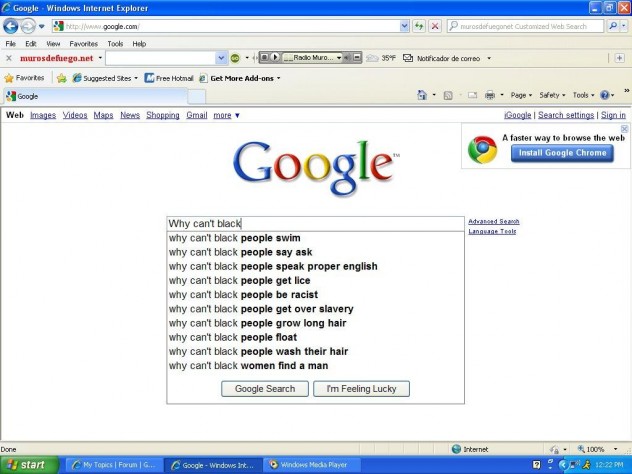
Earlier this year, Google copped some bad PR when a Harvard study proved that its search engines were racist. By entering stereotypically “white” and “black” names into Google, researchers found that “black” names were 25 percent more likely to return ads for criminal record searches than their white counterparts. In short, Google thinks black people are criminals—and it’s all our fault.
Google operates algorithms that harvest data based on mass-user searches. So if everyone in the USA instantly started searching for, say, “Listverse” and “sanitary towels” at the same time, everyone who searched simply “Listverse” would start seeing ads for lady products (please don’t do this, by the way). In short, Googling “black” names returns racist ads because we’re making racist searches in the first place. Like some sort of big, racist mirror, Google is merely reflecting what an intolerant society we are already.
9We Literally See Women As Objects

Okay, this is a question for the guys. Without getting too rude, what do you think of when you see a woman in a bikini? If you said something along the lines of “a woman” (or even “sex”), guess what? You’re wrong. According to a 2009 Princeton study, you see a tool.
By analyzing the brain activity of men being shown split-second pictures of women both clothed and unclothed, researchers found that brain areas associated with using tools light up when we see an unclothed woman. In other words, when we men watch beach volleyball, we’re subconsciously putting the female players on the same level as our Phillips screwdriver.
Even weirder, a separate study from 2012 found that women have a similar problem. When researchers showed a group of men and women sexualized pictures of both sexes at odd angles, their brains automatically “corrected” the male ones (suggesting they saw them as human), but did not correct the female ones. This means our brains, no matter what we’re packing in the genital department, automatically process sexy women as non-human objects. Man, the feminists were right all along.
8 We Assume Black People Don’t Feel Pain
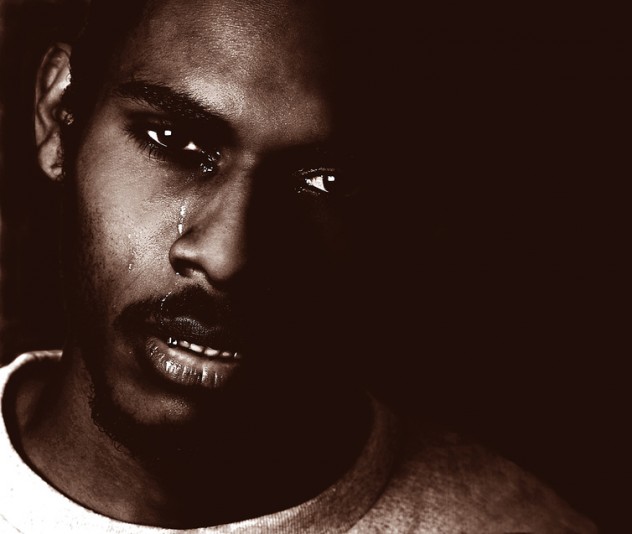
Unless we work as a professional torturer, most of us are acutely aware of other people’s pain. It’s just science: When we see someone in pain, the same part of our brains that deals with our own pain goes haywire—hence the difficulty people have in watching stuff like Saw. But this awareness isn’t indiscriminate—in fact, it appears to be based entirely on the other person’s skin color.
To prove this, researchers in Italy strapped a bunch of people up to monitoring equipment and showed them videos of both black and white people being stuck with needles. Incredibly, the subject’s brains showed a duller pain response for the stabbed black guy than the white one—even if the subject was black. In short, our brains refuse to accept that black people feel pain like white people. Another study asked medical personnel to guess on a scale of 1–4 how much pain an imaginary subject was in. Amazingly, imaginary black subjects were consistently thought to be in less pain than white ones, even when a black person was doing the scoring.
And it’s not just where pain is concerned that minorities get a raw deal.
7Kids Hate Minorities

It’s no secret that kids are intolerant little brats, but we tend to assume that intolerance halts before it spreads to outright racism. Sadly, that assumption is way off.
In 2010, researchers gathered up a bunch of school kids and asked them a series of questions about qualities they’d attribute to certain skin tones. Overwhelmingly, all the kids tended to attribute “positive” characteristics to white skin and “negative” ones to black skin—including the black kids taking part. Take a second to read that sentence again. The assumption that white people are always good and black people always bad is so ingrained into our culture that even the children of black parents half-believe it. As indictments of entire cultures go, they don’t come more depressing or conclusive than that.
6We Assume We’re Irresistible To Gay People
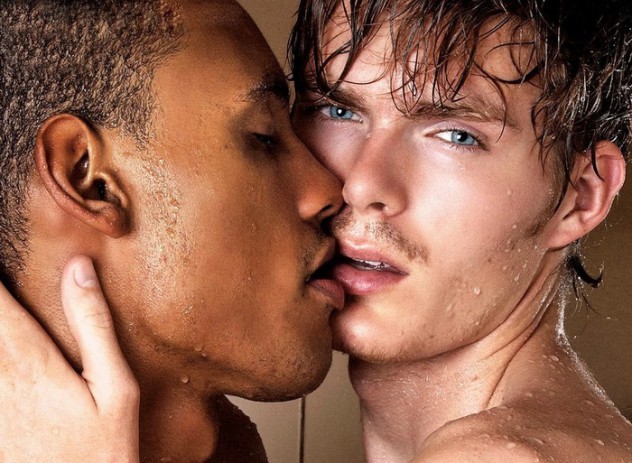
There are two schools of scientific thought on what causes homophobia. One states that homophobic people are more likely to be secretly gay themselves. The other, equally weird idea is that homophobes simply think they’re irresistible to homosexuals.
An Arizona study recently found a link between the “types” of gay people idiots hated and the “types” they thought would come on to them. So while straight guys were cool with the idea of lesbians, they were disgusted by the thought of gay men; straight women reacted vice-versa. To take this logic to its ridiculous conclusion, this means a significant proportion of homophobes only fear gay people because they either vastly overrate their own hotness, or assume all gay people are like feral animals and incapable of not boning anything that moves.
5We Judge Women’s Ability Based On Clothing

Most of us accept that talent is rarely tied to physical appearance: After all, if we’re reading a book we don’t care how hot or butt-ugly the novelist is. So you’d think the way a woman dressed would have no effect on our perception of her musical ability.
Nope! A 2010 study found that our ability to enjoy a female violinist’s music depended totally on what she was wearing. Researchers got four top-rated violinists to play in either a concert dress, jeans, or nightclubbing dress. They then videoed them and placed a separately recorded piece of music over the top, so people watching would hear the exact same music every time. Next, they asked a bunch of orchestra professionals to judge the women’s musical ability. Want to guess the results? That’s right: These “experts” consistently praised the concert dress–wearer while simultaneously rubbishing the clubber, despite their music being exactly the same. Now, this is obviously such a limited study that it would be foolish to extrapolate to real life—but still, to call the implications “worrying” would be an understatement.
4We’re Objectively Prejudiced Against Everyone
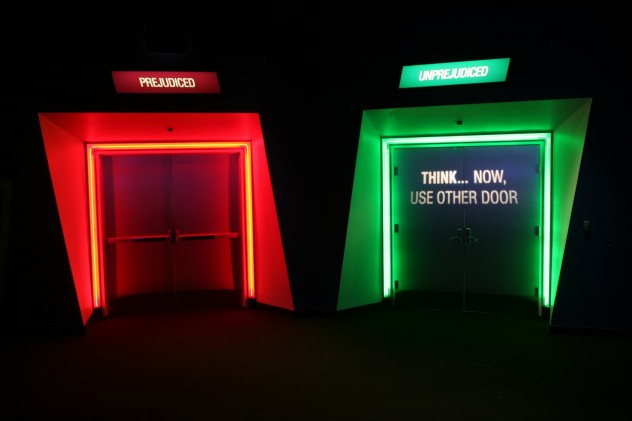
If you want to mess with your mind a little bit, take a whirl on Project Implicit—a Harvard-designed test that measures your subconscious prejudice. Basically, it acts like a science-y word association game, asking you to apply “good” or “bad” words to different minorities at high speed, and it generally reveals that nearly everyone who takes it is a bigoted jerk. Most of us, for example, are shown to have a moderate racial bias and up to 80 percent of us apparently have severe bias against the elderly.
In the spirit of inquiry, I even took the “are you homophobic?” test and found my subconscious apparently doesn’t like gay people, despite me being the author of columns like this one. Even more damning was a Chicago University online test that showed most of us are quicker to “shoot” threatening black men than we are white ones. In short, we’re all prejudiced against everyone and there’s nothing we can do about it. And that’s because . . .
3We Ignore Facts That Challenge Our Prejudices
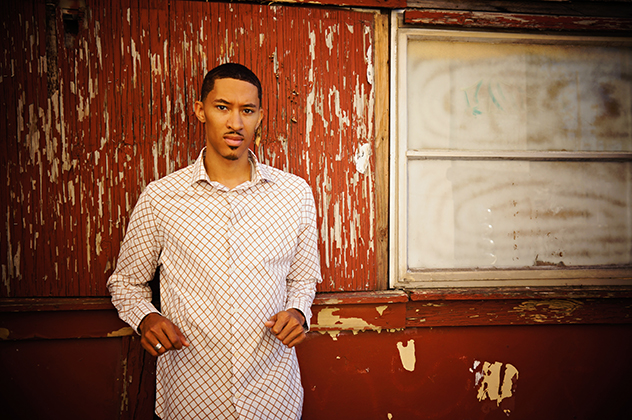
Most of us like to think that our beliefs are based on facts, and that we’d be happy to change them if shown proof to the contrary. Well, guess what? We’re wrong. According to science, most of us who encounter a fact that challenges our prejudices actually wind up becoming more prejudiced.
Now, typically this is used to explain stuff like belief in conspiracy theories, but it works for discrimination as well. If you wholeheartedly believe that gay people, say, make terrible parents and damage their adopted children, you won’t change that opinion no matter how many studies say otherwise. In fact, you’ll finish reading them even more sure than you were before that homosexual adoption shouldn’t be allowed. This makes eradicating prejudice kinda tricky, and it might be tempting to think we should just sit back and let people believe whatever the hell they want. (But it turns out that won’t work either.)
2Ignoring Prejudice Causes Us To Become Prejudiced

Let’s say you’re out with some friends of friends and one of them suddenly makes a very un-ironic sexist/racist/homophobic remark. What do you do? Call them on it, or stay quiet to keep the peace? Well, I’ve got some bad news for you diplomats out there: Failing to call someone else out on a prejudiced remark actually makes you more prejudiced.
Earlier this year, scientists set up a study where women were partnered with an undercover male actor to pick helpers in a hypothetical “stranded on a desert island” scenario. The guy’s job was to dickishly pick only men to help, then add a woman at the last minute while remarking something like “and her, she’s got great boobs.” Half the participants were given no chance to challenge his sexism due to the experiment immediately ending. The other half were given 10 seconds to call the guy on it or let it pass. They were all then quizzed afterward, where a weird thing happened.
Women who had been given a chance to challenge the guy but failed to do so were both more likely to think highly of this sexist douchenozzle, and less likely to challenge prejudice in the future. In other words, their tolerance for prejudice went up—all because they passed up a single chance to confront a sexist opinion.
1 We’re Practically Born Racist
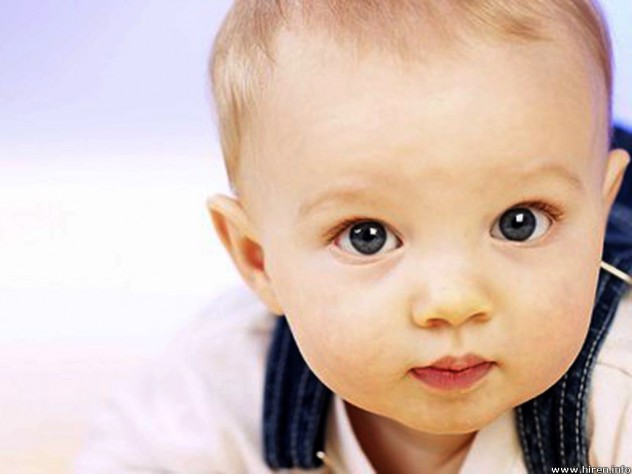
The argument over whether racism is learned or innate is as old as racism itself. Well, I have some good news and some bad news. The good news is that we’re probably not racist from birth. The bad news is that we probably are by the age of nine months.
A study from the University of Massachusetts examined how easily babies could identify faces and emotions from different races. The researchers found that babies aged five months performed equally across all races. But here’s the kicker: By the time they were nine months, they were significantly better at identifying their own race.
Okay, so babies are more attuned to their own race, so what? It doesn’t automatically equal racism, right? Well no, but then there are the other studies. Like the one where babies are made to identify with one of two rabbit puppets and then watch them both either get “helped” or “harmed” by a dog. In that study, 83 percent showed positive feelings towards the dog that “helped” their rabbit. But a whopping 88 percent showed positive feelings toward the dog that “harmed” the other rabbit. The inference is that babies hate stuff they classify as “other” so much they take active joy in seeing it hurt. Now, combine those findings with the “faces” study up there (and, in fact, with every study on this list) and try to tell me that our species isn’t doomed.








